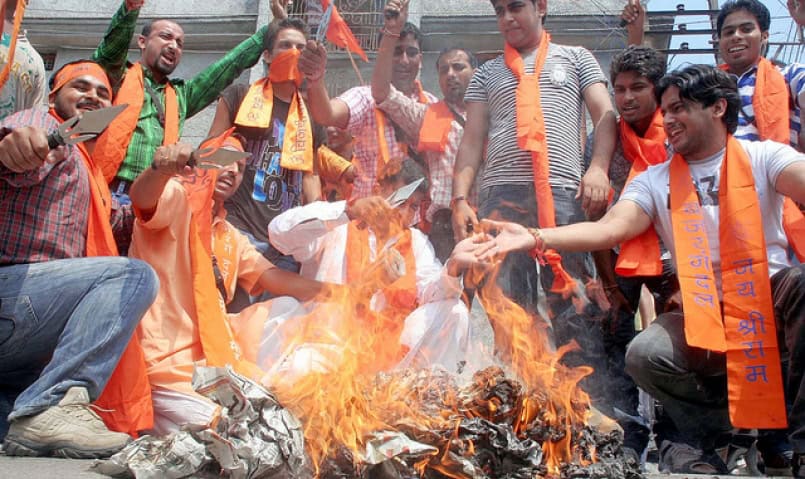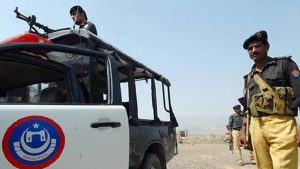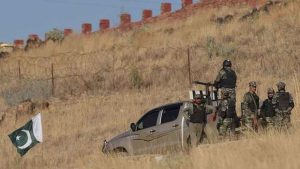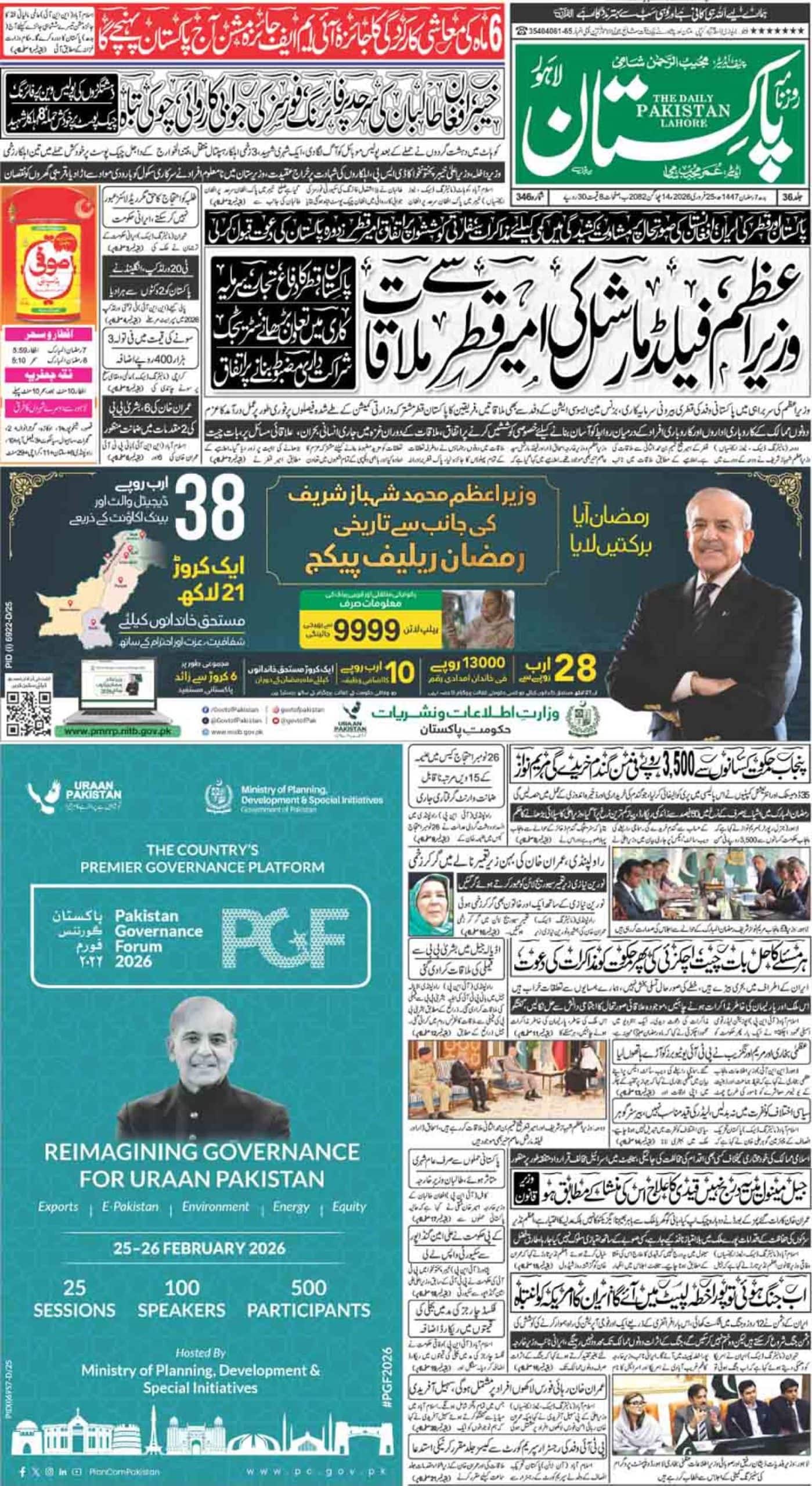NEW DELHI – Those denouncing Islamabad’s travel ban on Dawn’s Cyril Almeida must also take a candid look at the tolerance for dissent in India, Hindustan Times’ Associate Editor, Sushil Aaron said in his analysis published on October 11.
Sushil said that many Indians are rejoicing after the Pakistan’s ‘fascism’ was unveiled, while overlooking the growing obscurantist wave at home.
“India is not the exemplar of press freedom and individual liberty as many would like to believe,” he argued.
Citing example of Priya Pillai, who then was working for Greenpeace, was offloaded from Delhi airport in January 2015 just as she was heading to the UK to brief its parliamentarians on mining and human rights violations in Madhya Pradesh. “An act the ministry of home affairs felt was tantamount to projecting India negatively abroad.”
He recalled how recently Indian police raided media houses and shut down newspapers in occupied Kashmir for three days “to ensure peace.”
“The daily Kashmir Reader was banned, on Gandhi Jayanti, for “publishing content that can incite acts of violence” and “disturb public tranquillity”, even though the state government is yet to explain what content it is referring to,” Sushil protested.
Sushil said that India is ranked 133rd out of 180 countries in the 2016 World Press Freedom Index published by Reporters Without Borders (RSF).
As the situation is worsening in India, the RSF said “frequent lawsuits against journalists by local officials and draconian legislation on defamation and online publications impose major constraints on the media and encourage self-censorship”. It also reports that “violence has emerged as the main brake on media activity in recent years, especially for reporters in the field and investigative journalists. Wherever they work, Indian journalists are exposed to growing violence. As well as frequent verbal and physical violence, attacks by armed groups are on the rise in several states and the local authorities have had little success in reining it in.”
Sushil blamed ministers and political leaders for the current plight of journalists. “They [Ministers] not only refuse to subject themselves to rigorous media scrutiny but some choose to attack journalists using derogatory terms.”
“Journalists have been recently targeted for questioning the government’s version of the surgical strikes against Pakistan and those questions have been projected as an attack on the army itself. Overall, this is not a climate that nurtures the scrutiny of the establishment which is what the media is supposed to do in a democracy,” Sushil lamented.
Indicating Hindu extremism, he said “we don’t tolerate, the films we censor or ban, the meat we are forbidden from eating, the clothes we aren’t allowed to wear, and the other we are not allowed to embrace.”
Sushil concluded with the bitter truth: It is not enough to declare that the Indian media is freer than Pakistan or that India’s democracy is bigger. The point is to check if democratic institutions are getting better. They are not at this point.













